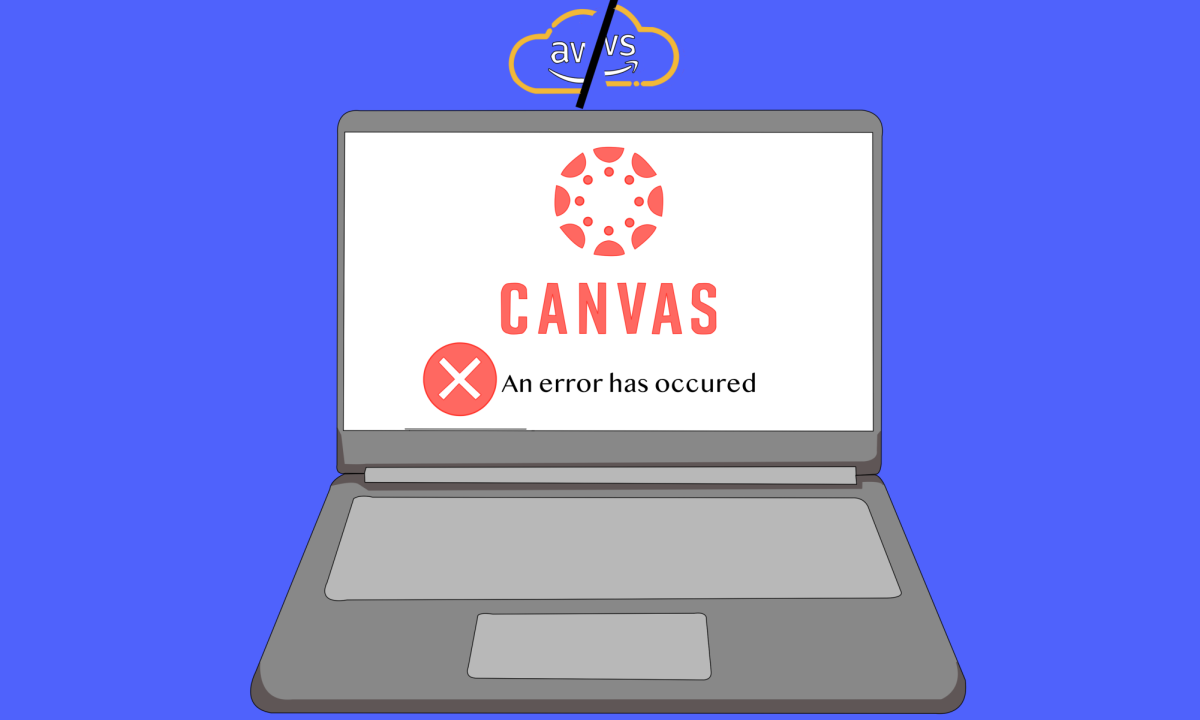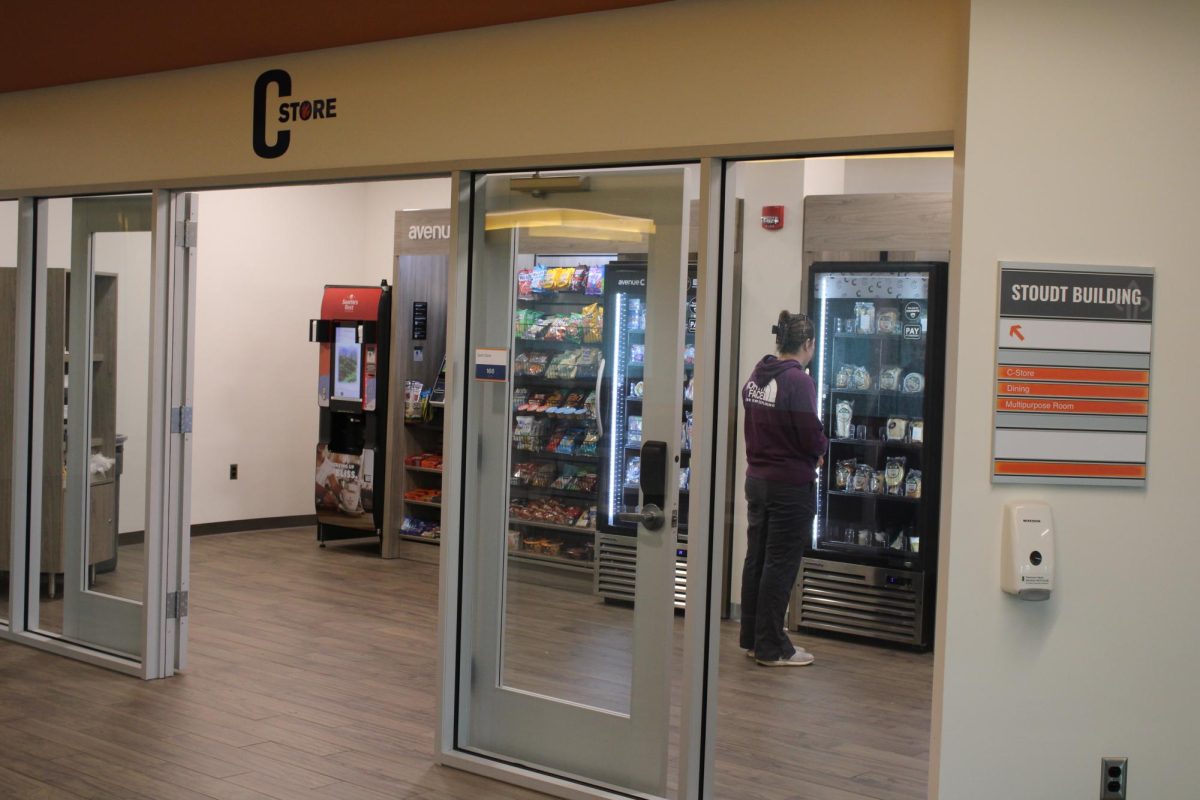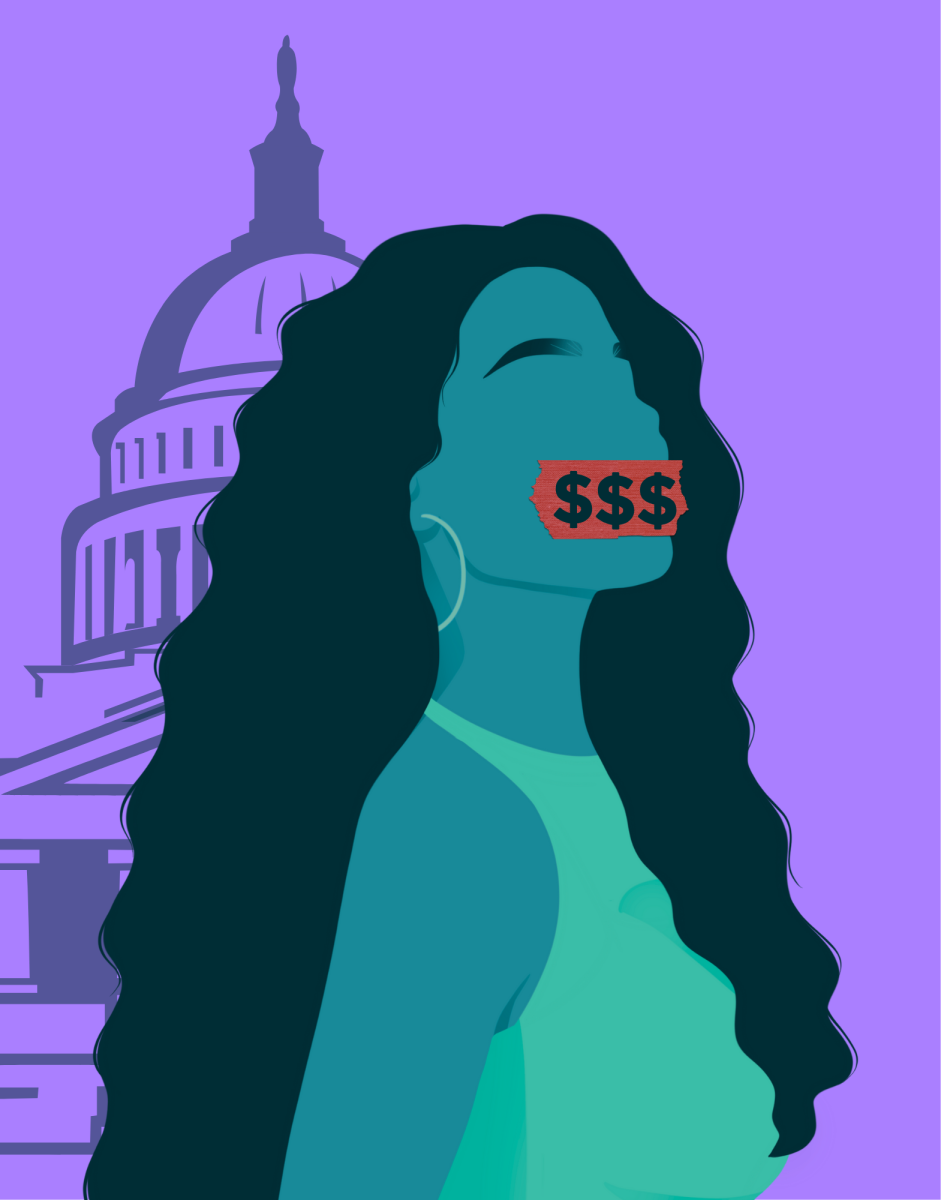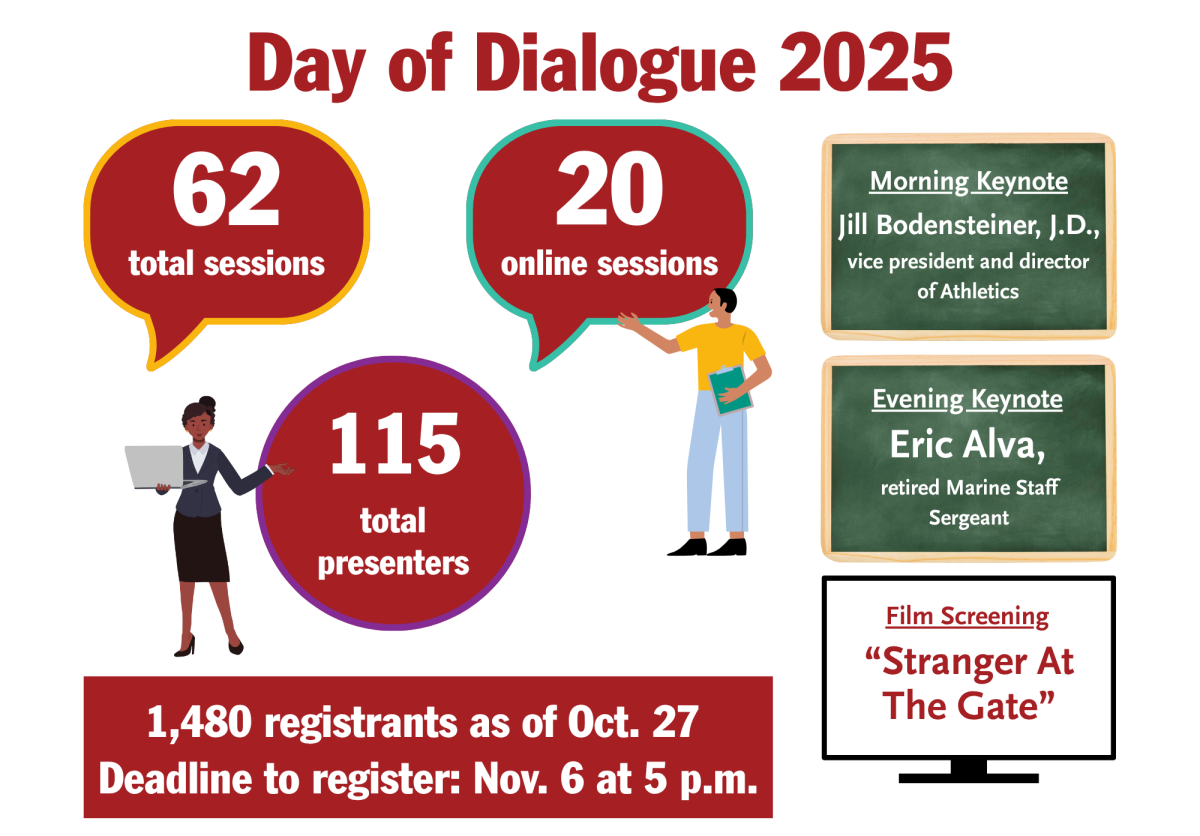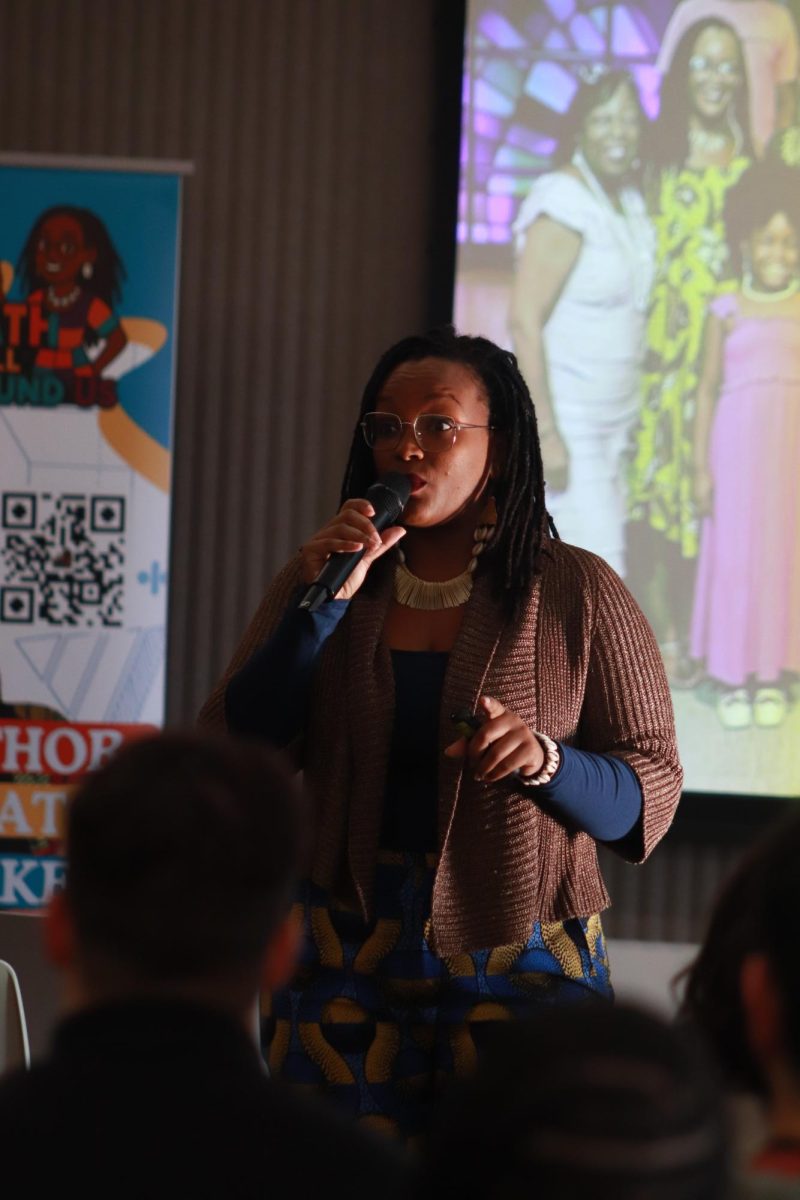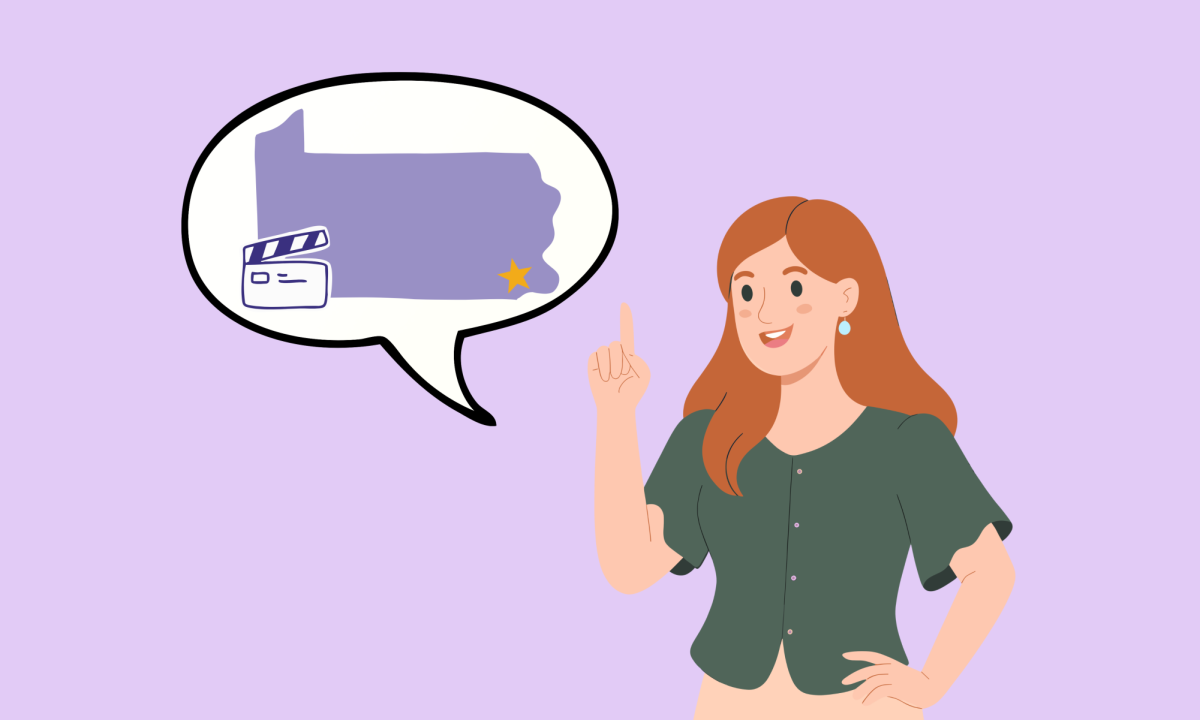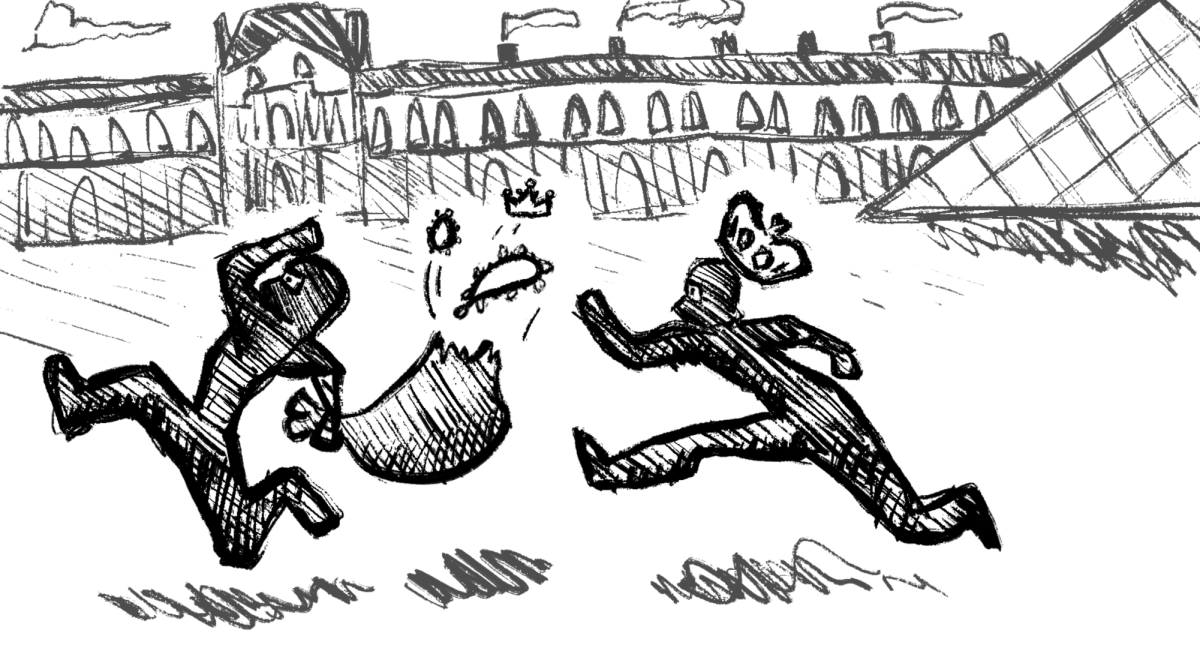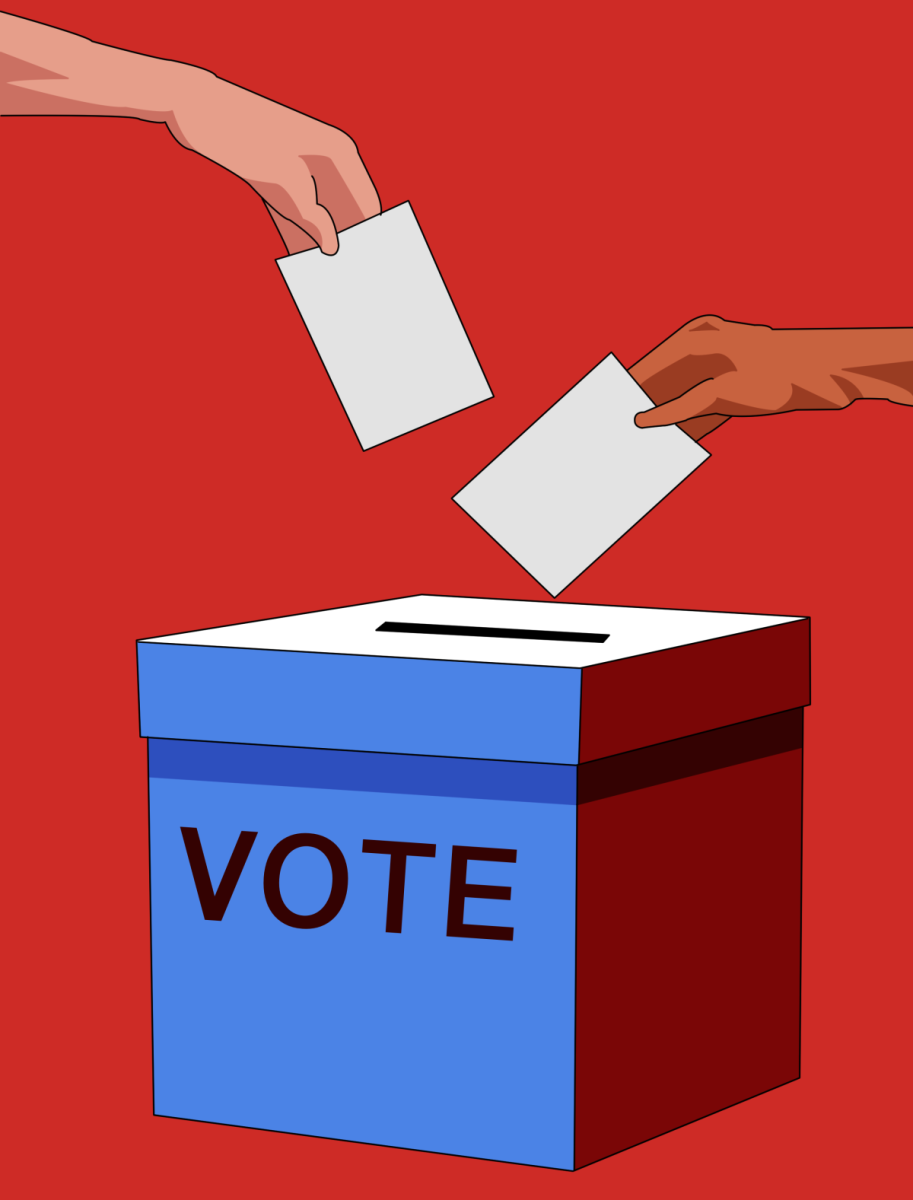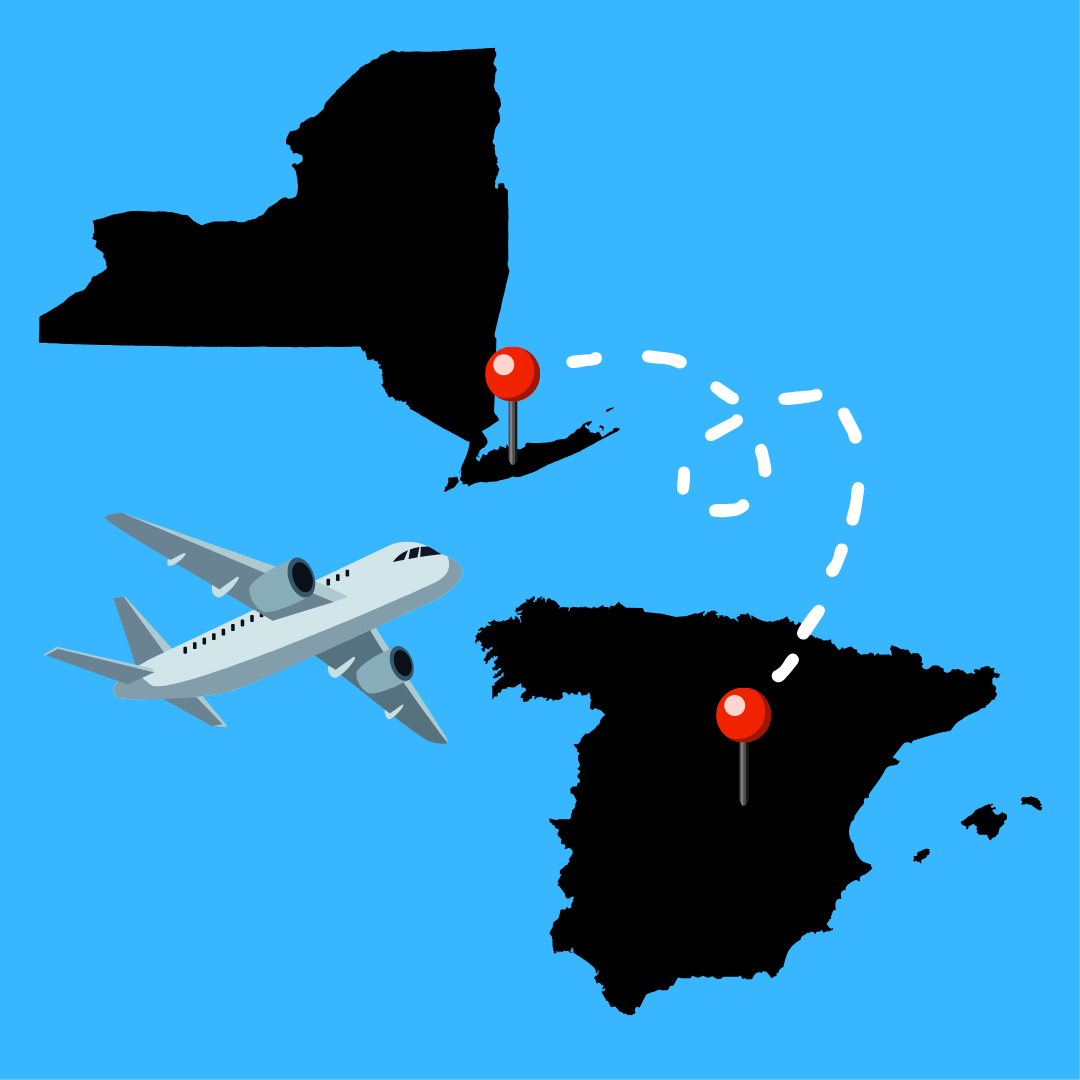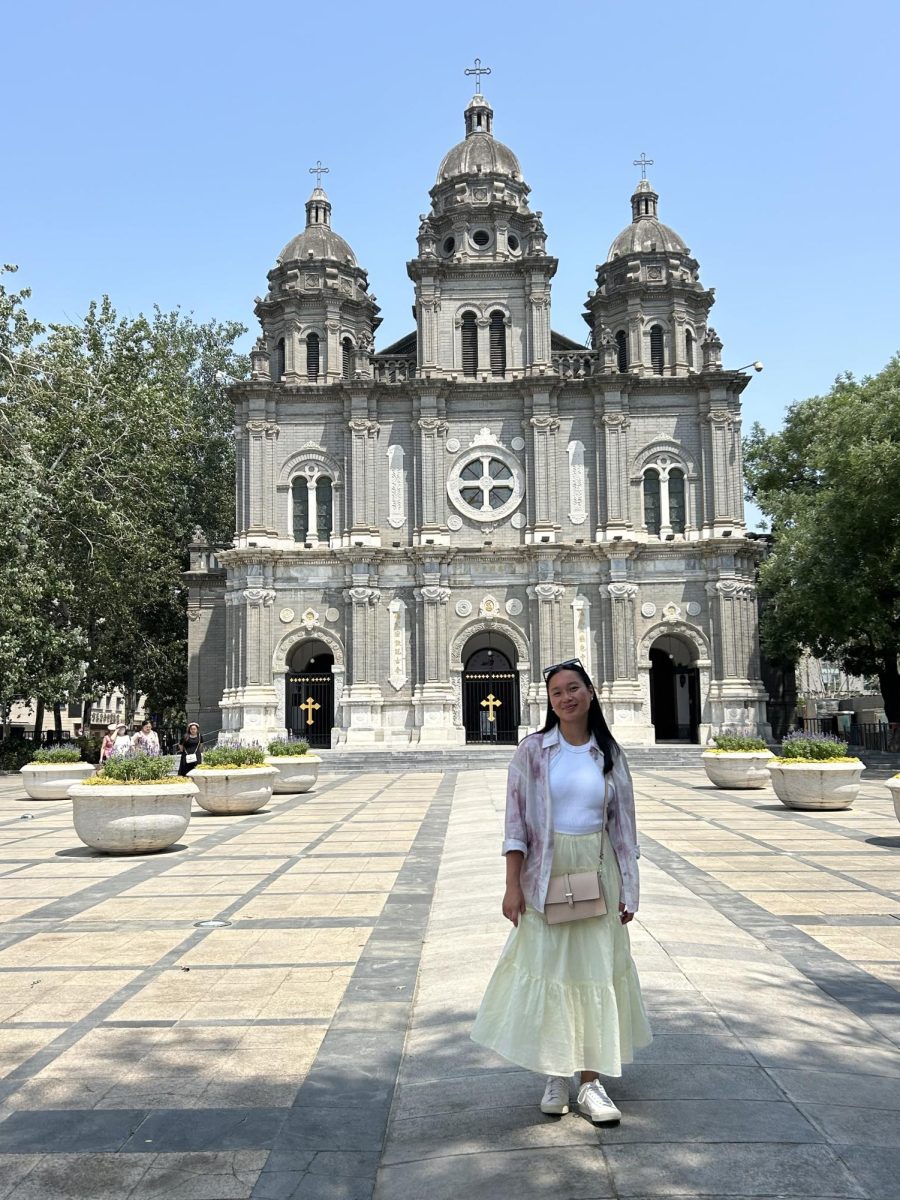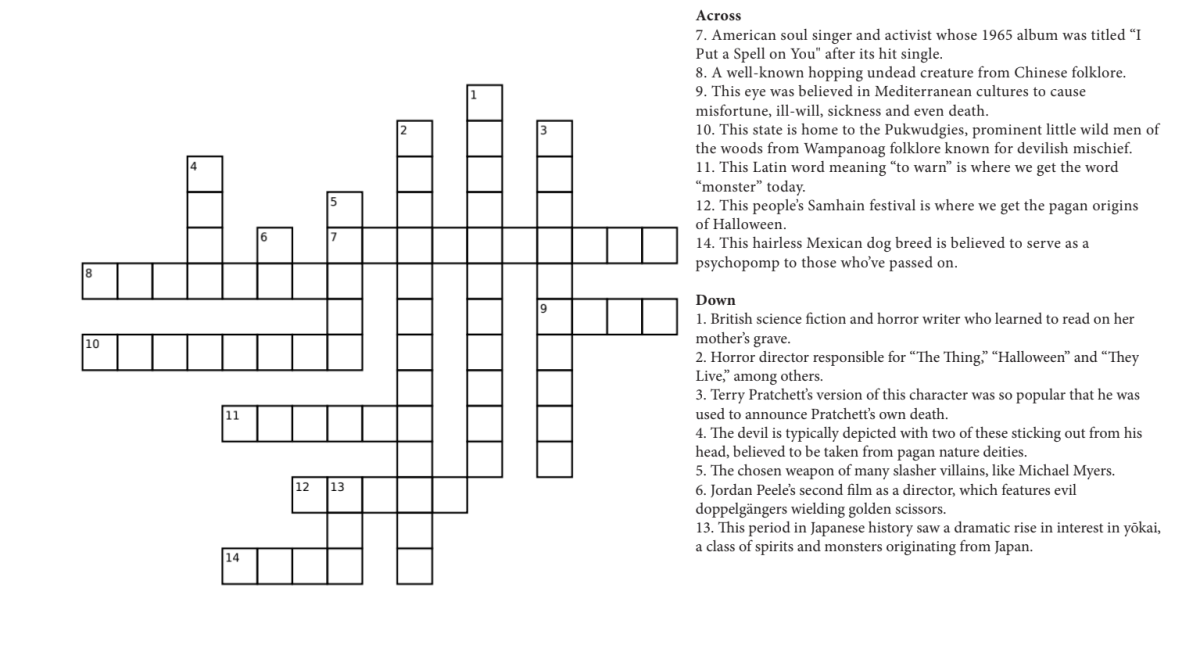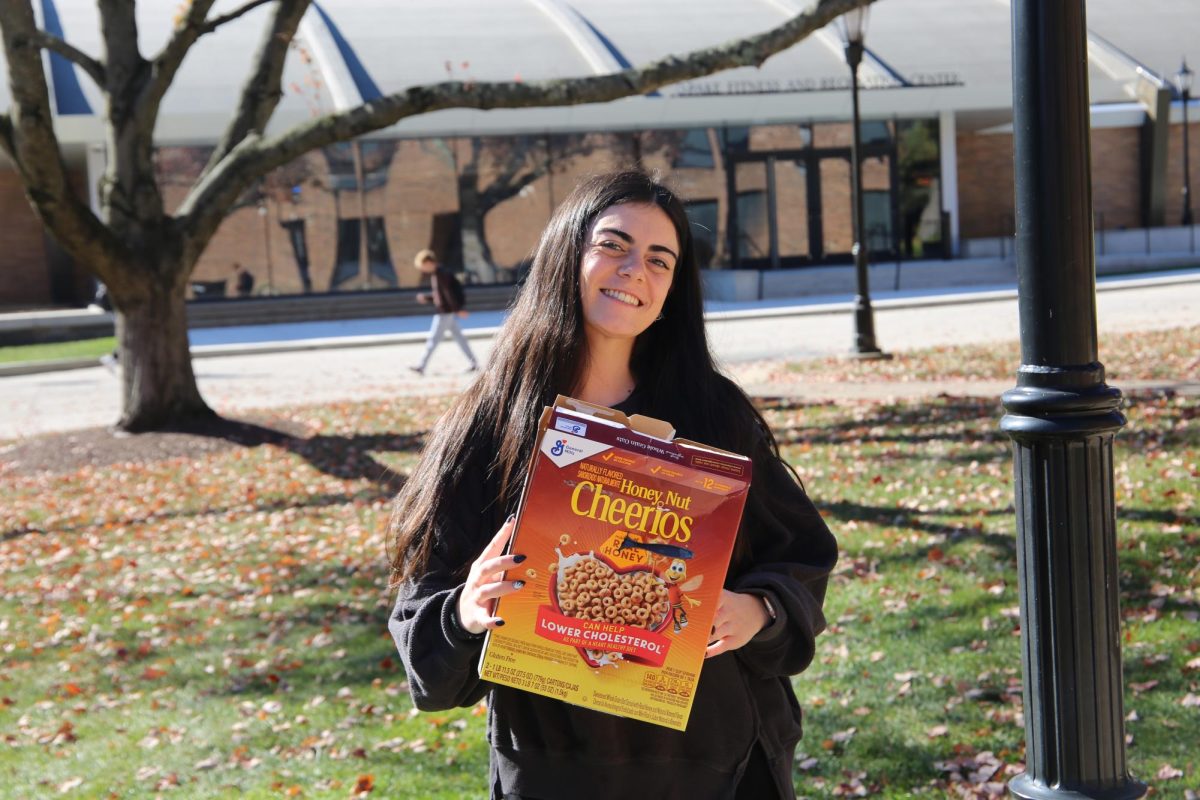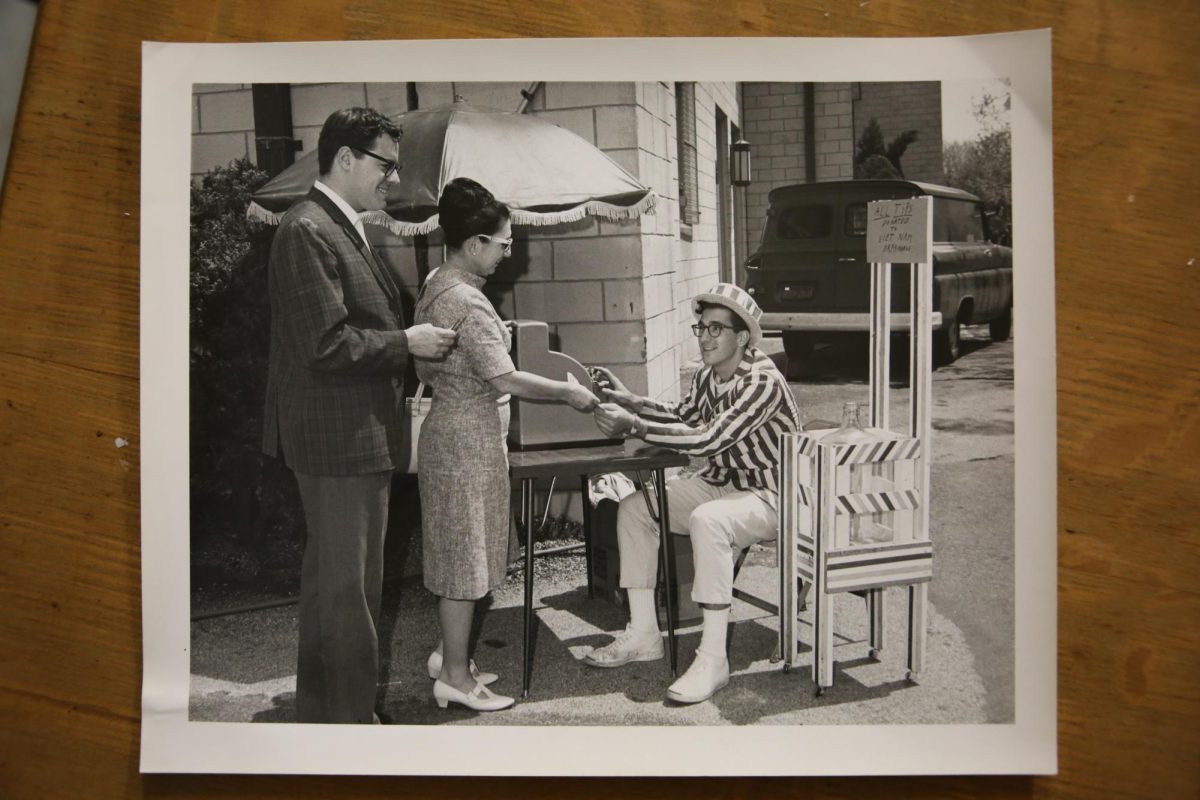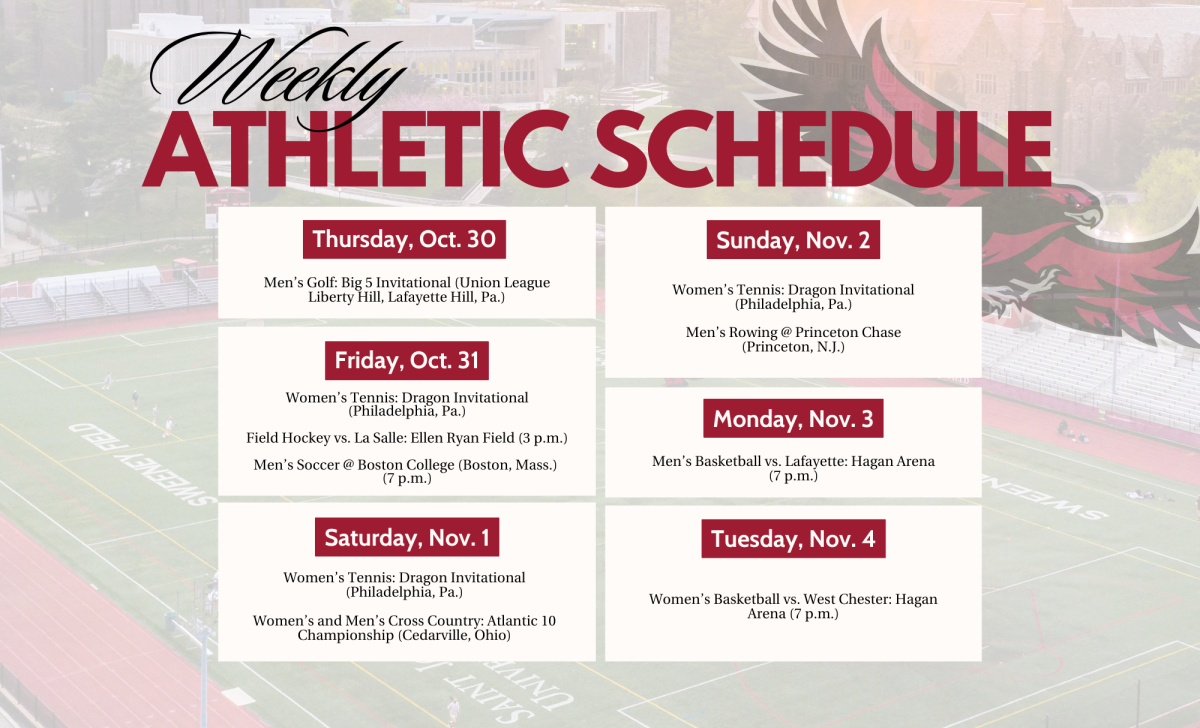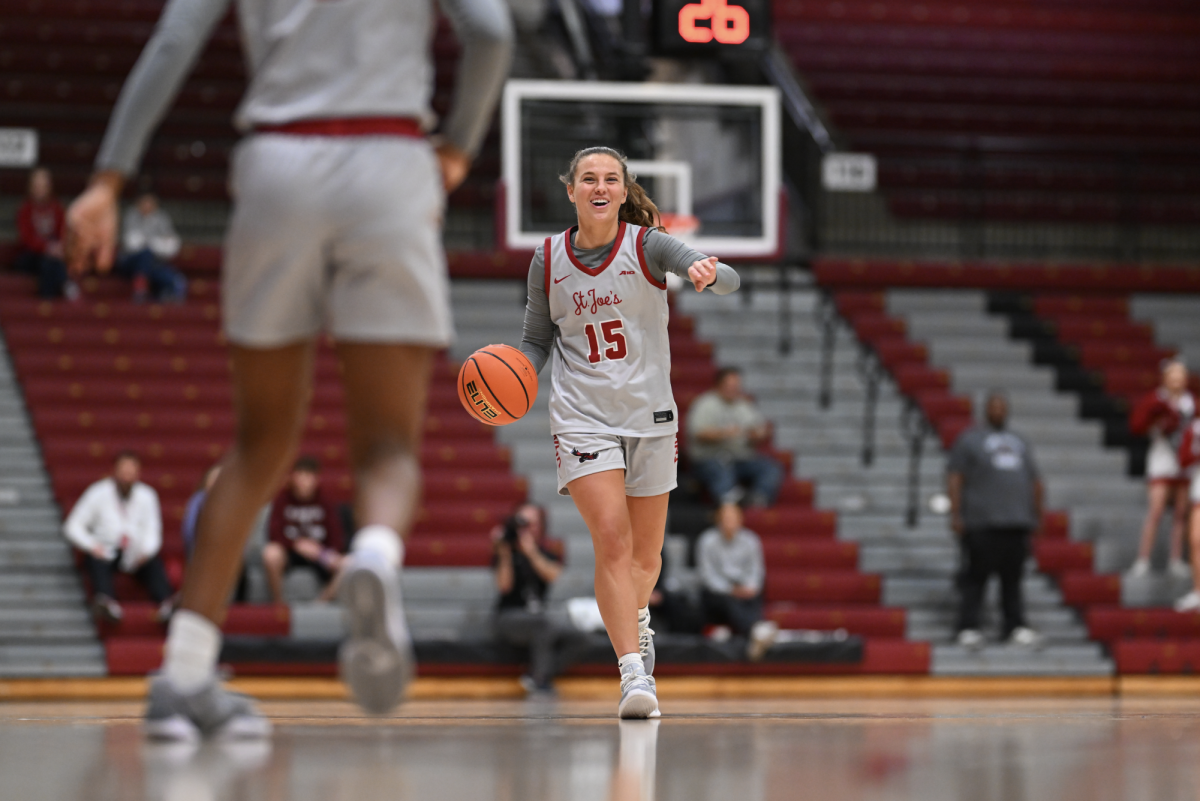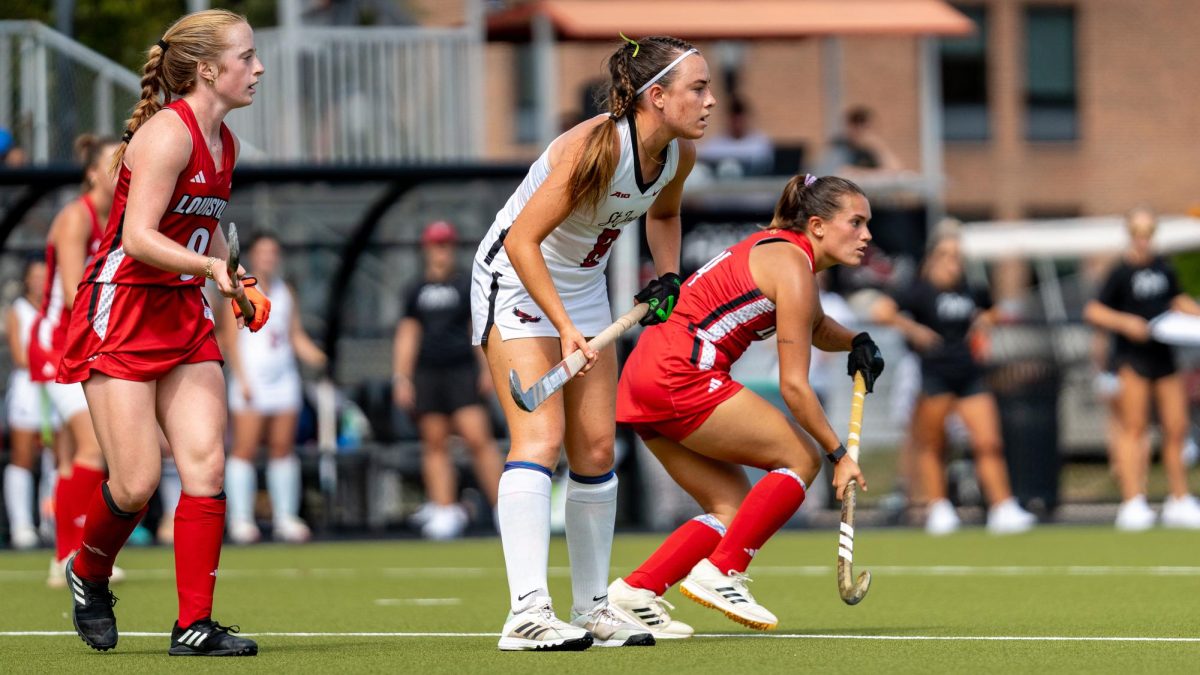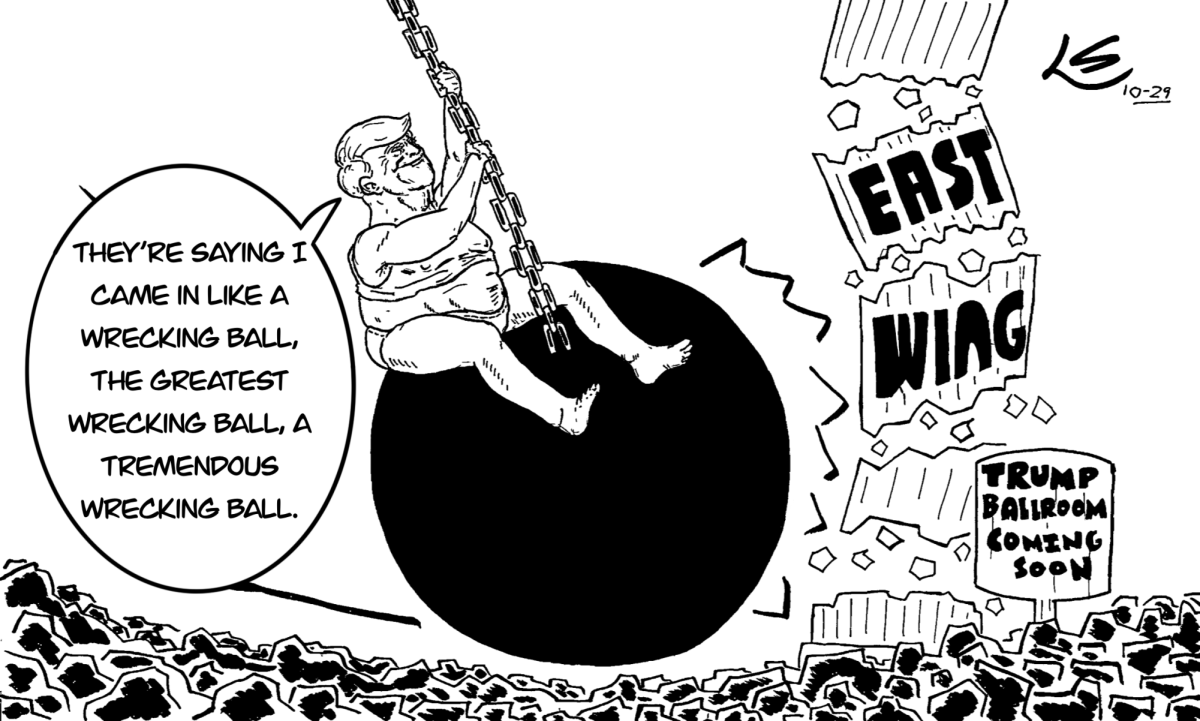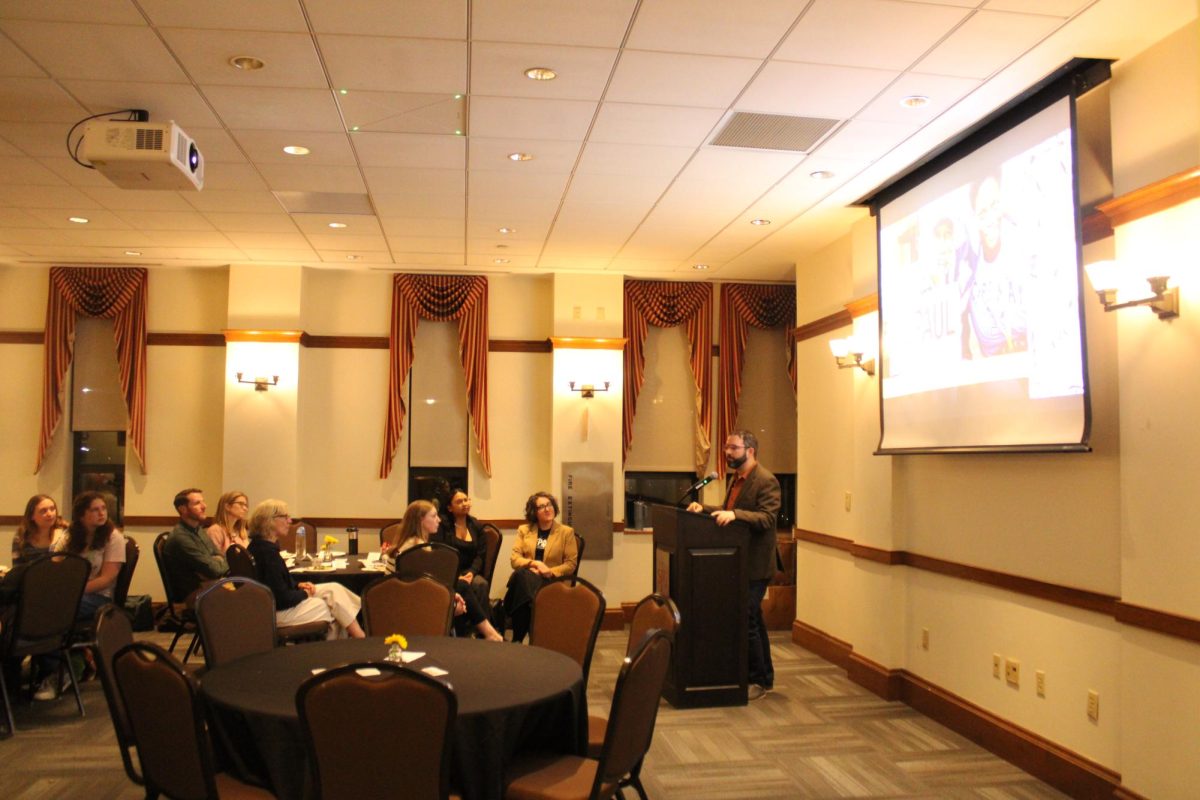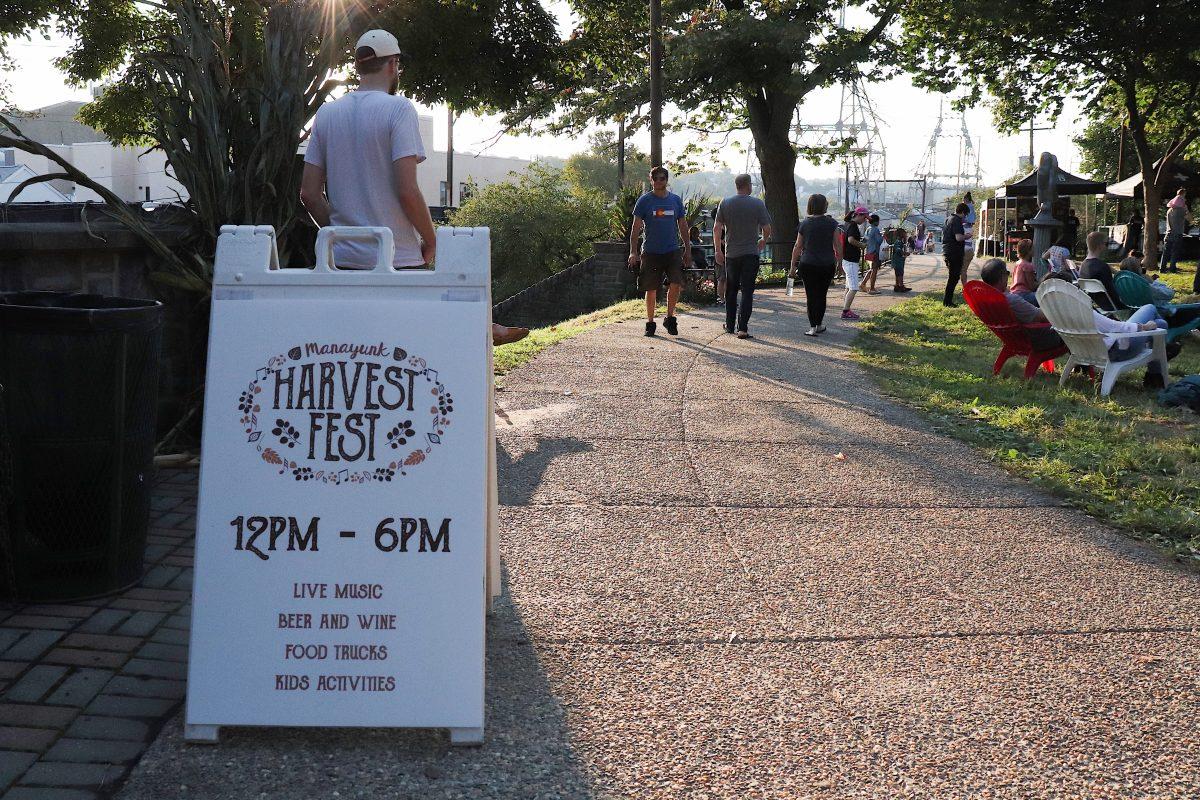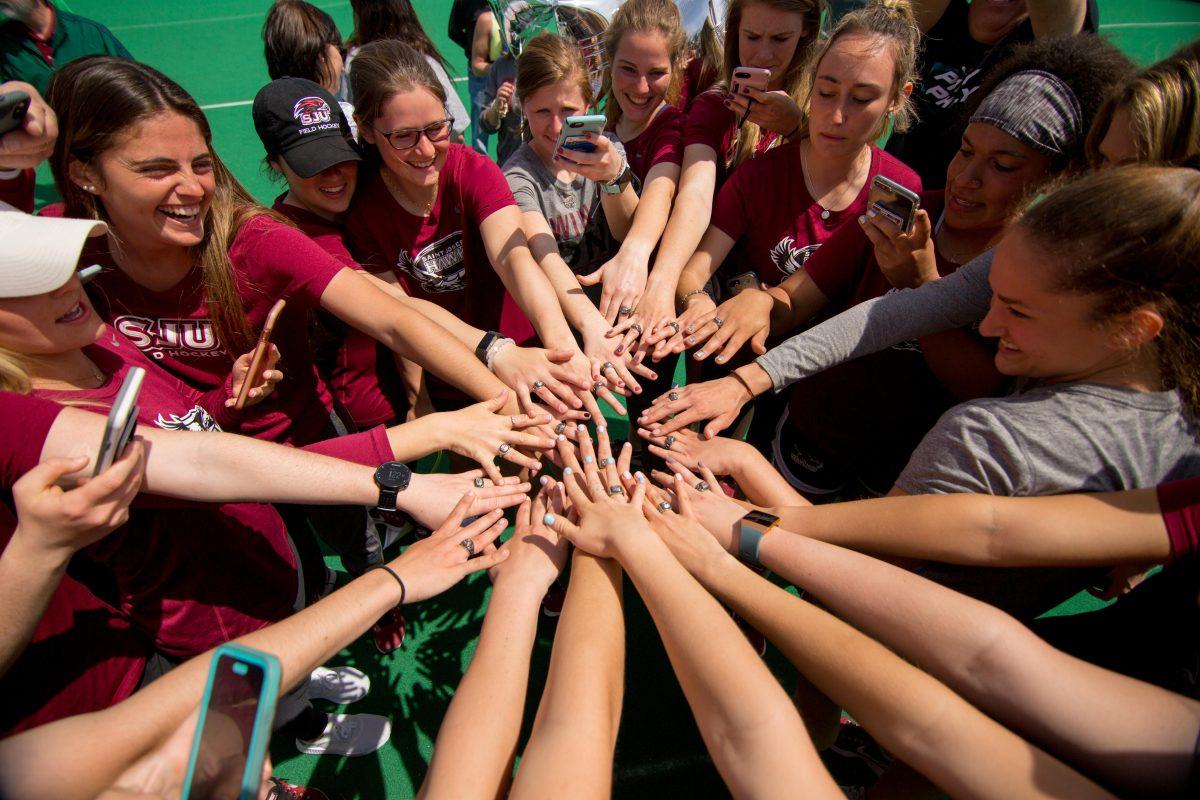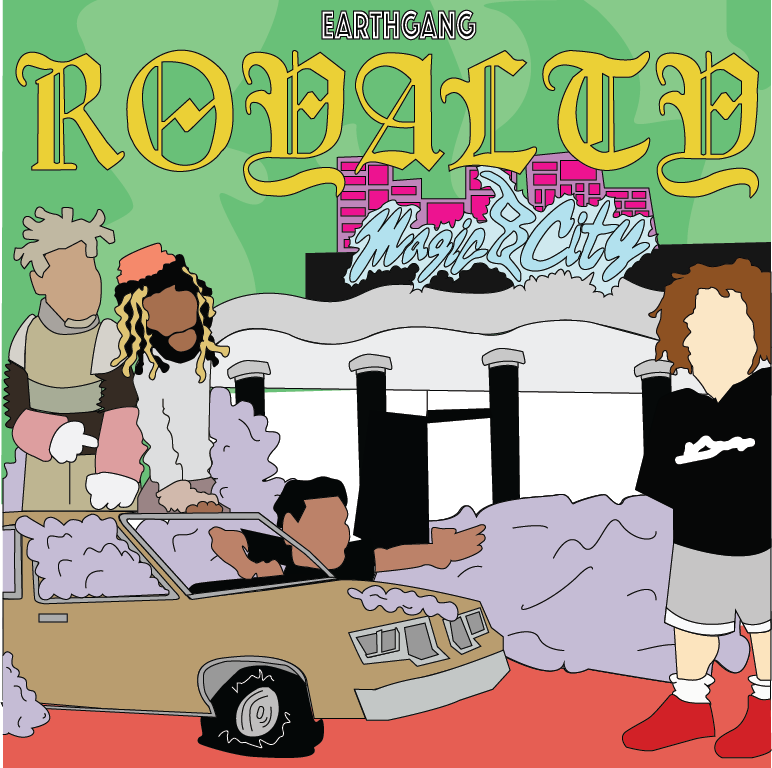First graders look to student teachers to make sense of the election
by Amanda Hazel ’17
There are many reasons why I chose to become an education major. But none are more powerful than the simple statement that I want to be a positive presence in the lives of all of my students. I want to give all of my students the tools to not only acknowledge but to celebrate their differences in order to make the world a better place.
This semester, I am student-teaching in the first grade classroom of a West Philadelphia charter school. I am proud to say that student teaching has been the best experience of my life so far. Every day my students make me incredibly grateful that I have chosen this path. Even so, it has come with many challenges none of which were bigger than dealing with the aftermath of the election.
From the moment I walked in to school on Wednesday morning, the mood was very somber. Some teachers were even huddled together in each other’s rooms crying. I was terrified. My students had been saying before the election even happened how much they did not like, and were afraid of, President-Elect Donald Trump. From the moment they came in to school on Wednesday morning, they were asking a ton of questions.
“How does someone so mean get to be President?”
“Can the President be put in jail?”
“Is he going to get rid of Mexico?”
“Why doesn’t he like people like us?”
The last question hit the hardest. A little boy who comes from a Muslim family asked me, as tears streamed down his face, why so many people do not like people like him. I told him that sometimes, when people meet someone who is different than them, they choose to be afraid because they may not understand that person. And when people are afraid or do not understand something, they sometimes say really mean things that are not true. I told him that he has the right to practice whatever religion he wants to and to never think there is something wrong with him because he is Muslim. I told him if anyone tells him there is something wrong with him, they are the ones who are the problem. Then he hugged me and buried his tear-stained face into my shirt.
I had never felt so helpless. All I wanted to do was to make everything OK for my students, but the only way to do that would be to change the results of a presidential election, which is an impossible task.
My main goal was not to tell them that Donald Trump is great, because rather than reassuring them, that would only undermine everything that they have been told. Instead, I told my students that they are always safe at school, that the president does not have all of the power, and what he says does not automatically become true. I found it was hard to explain a lot of things to my students, because they are so young. Some of them thought Trump cheated because they heard that Clinton won the popular vote and figured that meant she should win. While many adults do not fully understand the process of the electoral college, trying to explain it to children was even more difficult.
The students’ questions continued throughout the week, and I anticipate that they will continue for some time. Regardless of my views and my students’ views, I truly hope that Donald Trump is a great president for all Americans and that my students will feel that and know that they are safe.
I am continuously amazed with the amount of love and respect for others that I see from my little first graders every day. I can only hope that the rest of the American people and our new President will follow my students’ lead and display the same kindness and respect during a critical time for our nation. I guess we will just have to wait and see.

